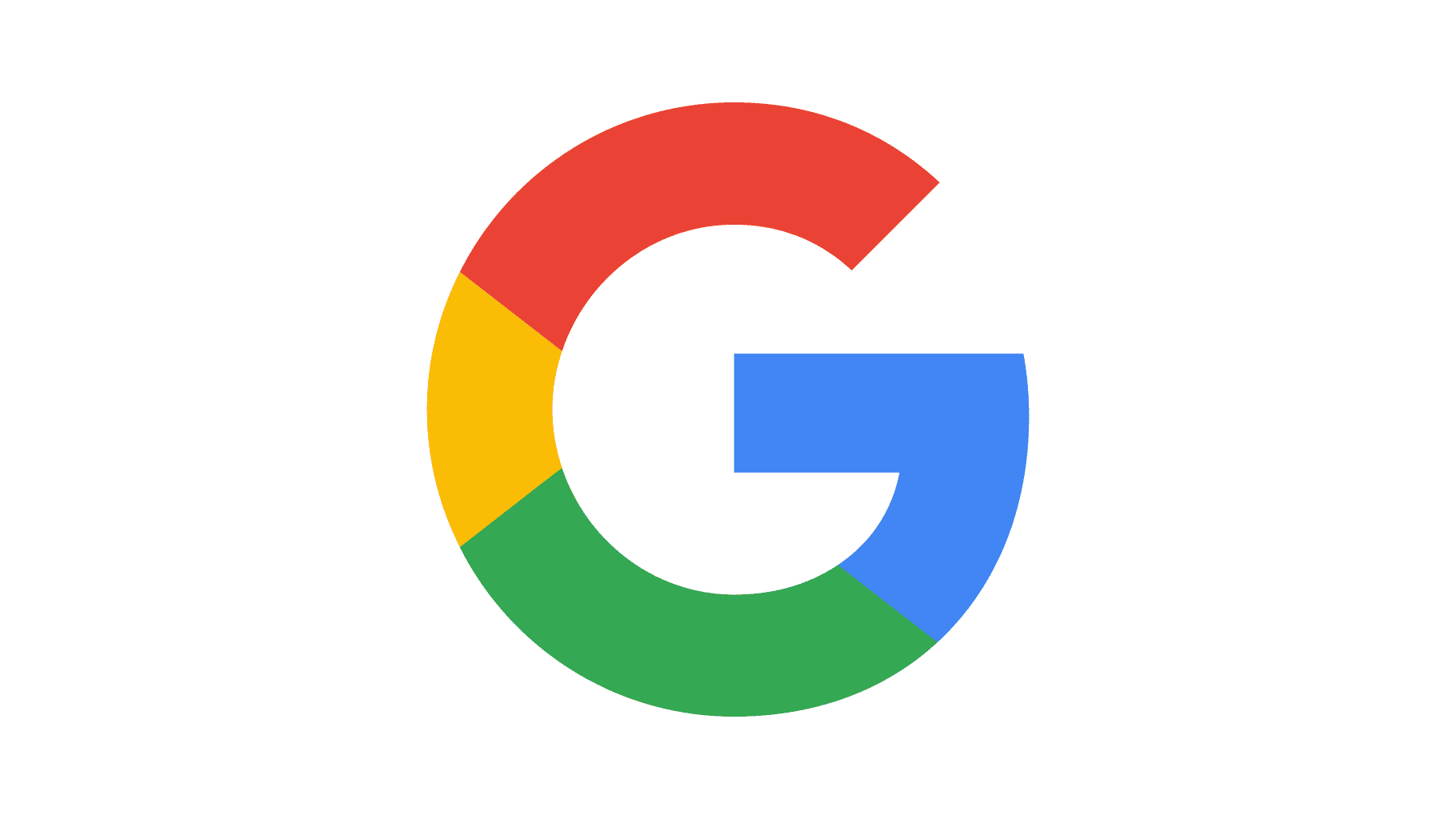Google has been facing probes over their monopolistic dominance over several markets (especially in search) and the government is looking up split them up in an effort to get it under control. Their solution to challenge Google’s dominance in the search market? By requiring them to spin off or sell the Chrome Web browser. But why would they ask this and how does that affect Google? Read on to find out.
What Is Happening

The U.S. Department of Justice, along with several states, has requested a federal court to compel Google to sell its widely used Chrome web browser. Many people may not realize that Google reaps substantial benefits from Chrome being the default browser for most users on the internet. This includes being the default search engine for Chrome and collecting vast amounts of data from users. By requiring the sale of Chrome, the aim is to dismantle Google’s strong control over internet search and potentially reshape the $2 trillion tech industry.
This proposed breakup is part of a broader antitrust case against Google. Regulators argue that Chrome provides Google with an unfair advantage in the search market, claiming that the company utilizes Chrome to promote its search engine and stifle competition. Additionally, the government is considering potential restrictions on Google’s Android smartphone software.
Google’s response to these allegations is still unclear. The company has consistently asserted that its success results from offering superior products rather than engaging in anti-competitive practices. If the court agrees with the government’s proposal, it could bring about significant changes in how users access the internet and conduct online searches.
The US Government’s Case Against Google Chrome
The US Department of Justice (DOJ) is reportedly preparing a lawsuit against Google, aiming to force the tech giant to sell off its Chrome browser. This potential legal action stems from concerns about Google’s dominance in the digital advertising market and its impact on competition.
Google’s Market Dominance
Google holds a significant share of the online advertising market. Its Chrome browser, the most popular globally, plays a crucial role in this dominance. The DOJ is concerned that Google’s control over Chrome gives it an unfair advantage in the digital advertising ecosystem.
Antitrust Concerns
The DOJ’s potential lawsuit centers on antitrust concerns. They argue that Google’s dominance with Chrome allows it to stifle competition and harm consumers. By controlling the browser, Google can influence how ads are displayed, tracked, and priced, potentially limiting choices for advertisers and users.
Potential Outcomes
If the DOJ proceeds with the lawsuit and a court rules in favor of the government, Google might be forced to sell off its Chrome browser. This could lead to a more competitive landscape in the browser market and potentially impact the digital advertising industry.
Google’s Response
Google maintains that Chrome is a successful product due to its innovation and user-friendly experience. They argue that forcing them to sell off Chrome would harm consumers by limiting their choices and potentially hindering browser development.
Implications for the Tech Industry
This case has significant implications for the tech industry. It highlights the growing scrutiny of large tech companies and their market dominance. The outcome of this potential lawsuit could influence future antitrust actions and shape the future of the digital advertising landscape.
The Role of Browsers in Digital Advertising
Web browsers play a crucial role in the digital advertising ecosystem. They serve as the gateway to the internet, influencing how users access websites and interact with online content. This makes browsers a key component of the online advertising infrastructure.
Browsers are involved in various aspects of digital advertising:
- Displaying Ads: Browsers render and display ads on websites.
- Tracking User Activity: Some browsers track user activity across websites, which can be used for targeted advertising.
- Supporting Ad Technologies: Browsers support various ad technologies, such as cookies and tracking pixels, which facilitate ad delivery and measurement.
The dominance of a single browser, like Google Chrome, raises concerns about fair competition and potential biases in the digital advertising market. A more diverse browser market could lead to more innovation and user choice in how ads are displayed and managed online.
Chrome’s Integration with Google’s Ecosystem
While Chrome is a standalone product, it’s deeply integrated with Google’s broader ecosystem, including search, advertising, and other services. This integration provides Google with several strategic advantages:
- Data Collection: Chrome collects user data, such as browsing history, search queries, and website interactions. This data can be used to personalize search results, target ads, and improve other Google services.
- Default Search Engine: Chrome’s default search engine is Google Search. This ensures that a vast majority of Chrome users conduct searches through Google, reinforcing its dominance in the search market.
- Promotion of Google Services: Chrome prominently features other Google services, such as Gmail, Google Drive, and YouTube. This encourages users to adopt these services and further strengthens Google’s ecosystem.
- Testing Ground for New Technologies: Google uses Chrome as a testing ground for new web technologies and features. This allows them to innovate and refine features that can benefit other Google products and services.
- Control over Web Standards: Google’s influence over Chrome gives them a significant voice in shaping web standards. This can indirectly benefit their other products and services by ensuring compatibility and promoting technologies that align with their business interests.
This integration between Chrome and Google’s other services contributes to the company’s overall market dominance. It allows Google to leverage user data, promote its products, and influence the direction of the web, all of which contribute to its continued growth and profitability.
Key Takeaways
- The U.S. government wants Google to sell Chrome to address antitrust concerns
- Regulators claim Chrome gives Google an unfair advantage in the search market
- The proposed breakup could significantly impact the tech industry and user experience
Exploring the Antitrust Accusations
The U.S. government’s case against Google’s search monopoly centers on the company’s dominant market position and alleged anti-competitive practices. This section examines the key aspects of the antitrust accusations and their potential implications for the tech industry.
The Case Against Google’s Dominance
The Department of Justice (DOJ) has accused Google of maintaining an illegal monopoly in the search engine market. The government argues that Google’s practices have stifled competition and innovation.
One key focus is Google’s ownership of the Chrome browser. The DOJ claims Chrome has “fortified” Google’s search monopoly. As a result, regulators are seeking to force Google to sell off Chrome.
The antitrust case also highlights Google’s agreements with device manufacturers and mobile carriers. These deals allegedly ensure Google remains the default search engine on most devices.
Potential Impact of Divestiture on the Market
Forcing Google to sell Chrome could significantly reshape the tech landscape. Chrome holds a large share of the browser market, with over 60% of users worldwide.
Divesting Chrome might open up opportunities for other search engines to gain market share. It could potentially lead to more competition and innovation in both the browser and search markets.
However, critics argue that such a breakup could disrupt Google’s integrated ecosystem. This might negatively impact user experience and the company’s ability to develop new features.
Legal Perspectives and Judge Mehta’s Role
U.S. District Court Judge Amit Mehta is overseeing this landmark antitrust case. His decisions will play a crucial role in determining the outcome and potential remedies.
Legal experts are closely watching the case. Some argue that forcing Google to sell Chrome is a drastic step. They question whether such structural changes are necessary or if behavioral remedies would suffice.
Others support the DOJ’s approach. They believe that only a significant intervention can provide meaningful relief and restore competition in the search market.
Judge Mehta must weigh these arguments carefully. His ruling will set a precedent for future antitrust cases in the tech industry.
Google’s Position and Broader Implications
Google defends its market practices while facing potential consequences for innovation and consumers. Alternative solutions to address competition concerns are being explored.
Google’s Defense of Its Market Practices
Google argues its success stems from superior products and innovation. The company claims its search engine dominance results from continuous improvements and user preference. Google points to the free nature of its services as benefiting consumers.
The tech giant emphasizes the competitive landscape, citing alternatives like Bing and DuckDuckGo. Google maintains that users can easily switch search engines, refuting monopoly allegations. The company also highlights its investments in artificial intelligence and other technologies that drive progress.
Potential Consequences for Innovation and Consumers
A forced sale of Chrome could disrupt Google’s integrated ecosystem. This might impact the development of new features and services that rely on browser-search synergy. Users accustomed to Chrome’s functionality may face adjustment challenges.
The breakup could potentially spur competition and innovation in the search market. New entrants might emerge with novel approaches to web search. However, the loss of Google’s vast resources could slow advancements in areas like AI-powered search.
Consumer choice might increase, but the quality of search results could vary. Google’s extensive search index and algorithms have set high standards for relevance and speed.
Alternative Solutions and Their Viability
Regulators are considering less drastic measures than a full Chrome divestiture. These include mandating more prominent placement of rival search engines in Chrome and Android. Another option involves requiring Google to license its search index to competitors.
Implementing stricter data sharing regulations could level the playing field. This would allow smaller search engines to access more comprehensive data sets. Enforcing stricter advertising practices on Google’s platforms is another potential remedy.
Critics argue these alternatives may not sufficiently address Google’s market power. They contend that only a structural separation will create true competition. Proponents believe these measures could foster innovation without dismantling Google’s successful products.
Frequently Asked Questions
The proposed breakup of Google raises significant questions about market dominance, competition, and consumer impacts in the tech industry. Legal precedents and antitrust regulations play a crucial role in shaping potential outcomes.
What are the implications of Google’s market dominance on the tech industry?
Google’s dominance in search affects innovation and competition. Smaller companies struggle to gain market share. This limits consumer choice and potentially stifles new ideas.
Google’s vast data collection gives it an advantage in developing new products. This makes it harder for startups to compete effectively.
How could the sale of Chrome impact competition in the web browser market?
A forced sale of Chrome could increase browser diversity. New owners might introduce different features or privacy policies.
Chrome’s market share could decrease, giving other browsers like Firefox or Safari more opportunity to grow. This might lead to more innovation in web technologies.
What legal precedents exist for government-mandated divestitures in tech companies?
The 1984 breakup of AT&T is a notable example. It was split into regional companies to promote competition in telecommunications.
Microsoft faced antitrust action in the 1990s but avoided a breakup. Instead, it agreed to share its APIs with third-party companies.
What are the potential outcomes if Google’s search business is deemed a monopoly?
Google might be forced to license its search algorithm to competitors. This could create a more level playing field in the search market.
The company could face restrictions on how it displays search results, especially for its own products. This might give other companies fairer visibility.
How might consumers be affected by a government-forced sale of a major product like Chrome?
Users might experience changes in Chrome’s features or privacy policies under new ownership. This could be positive or negative depending on the new owner’s priorities.
The sale could lead to more browser options and features as competition increases. Consumers might benefit from improved privacy protections across browsers.
What steps must a company take to comply with antitrust regulations concerning monopolistic practices?
Companies must avoid practices that unfairly exclude competitors. This includes refraining from exclusive deals that limit consumer choice.
Transparent pricing and fair access to essential facilities or technologies are crucial. Companies should not use their dominant position to undercut competitors unfairly.







